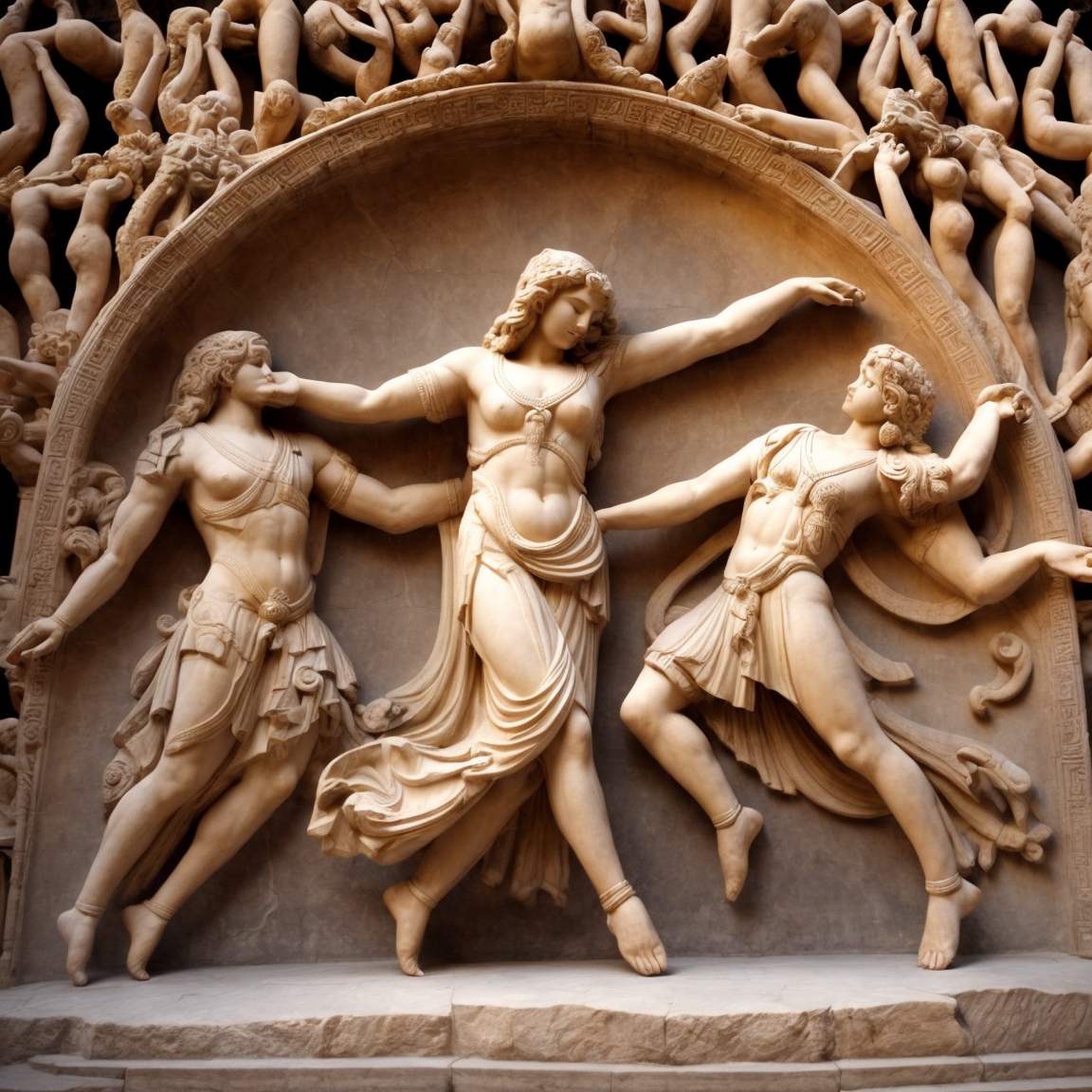The Magic of Tone in Music: A Secret Language of Expression
The Magic of Tone: Unlocking Music’s Secret Language
An Exploration of Vocal and Instrumental Nuance
In the realm of music, communication transcends lyrics and melodies. There exists a secret language, a code if you will, spoken through tone. It’s an unspoken dialogue that weaves a story and paints a picture, connecting artists with their audience on a deeper level.
The Power of Vocal Tone
Imagine a singer’s voice, with its unique timbre and inflection, drawing you into their world. It’s not just about the notes, but the subtle nuances that color each word. The slight crack in their voice during an emotional ballad, the playful run in a pop song, or the way they emphasize certain words – it’s an art form in itself.
Great jazz singers of the past, with their scatting and improvisation, could summon emotions and create an atmosphere with their voices alone. It’s a form of magic, a tonal spell that captivates and enthralls.
The Difference Between Studio and Live Performances
Consider the contrast between a studio recording and a live performance. In a live setting, the raw, unfiltered tone of a singer’s voice can transform a song. The energy of the audience, the atmosphere of the venue, all contribute to this unique tonal experience.
It’s an organic, dynamic interplay between artist and listener, where the tone becomes a vessel for shared emotion and a sense of community.
Instrumental Tone: More Than Just Notes
Even in the absence of words, instrumental music speaks volumes through tone. A guitarist’s fingers dancing across the frets convey a range of emotions. The slight variation in pressure or speed can evoke joy, sadness, or anything in between.
Think of a piano concerto, where the pianist’s touch can be soft and delicate, or bold and assertive, shaping the very atmosphere of the concert hall.
The Science and Skill of Tone Mastery
There’s a scientific aspect to why certain tones evoke specific emotions. It’s a combination of frequency, harmonics, and the way our brains interpret these signals. But it’s also an art, a skill honed through practice and a deep understanding of musical expression.
This tonal language is a powerful tool for musicians, allowing them to convey complex ideas and emotions without uttering a single word. It’s a testament to the universality of music, a language that transcends borders and cultures.
Conclusion: Embracing the Magic of Tone
As we explore this fascinating aspect of music, let us appreciate the subtle power of tone. It adds depth and dimension to the musical experience, creating an intimate connection between artist and listener. So, the next time you listen to your favorite song or attend a concert, pay attention to the tonal nuances. They just might reveal a whole new world of musical expression and understanding.













































